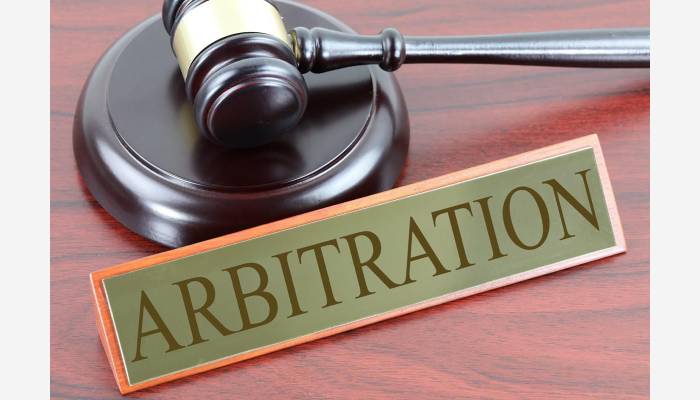
or

As India enters into a new era of foreign investment, and Indian parties become more involved in international arbitrations, this is an apt moment for me to share my experiences.
The duty of a party-appointed Arbitrator is not to decide for his appointer, but rather to make sure that his appointer’s points are properly considered by the whole Tribunal. Proper communication is key.
In the mid-1990s I was a co-Arbitrator on a two-week hearing together with former Chief Justice of India Mr Justice Pathak and former Chief Justice of the European Court of Justice Lord Mackenzie-Stuart, who was Chairman. The two parties in the dispute were from India and Denmark.
On the first morning Mr Pathak passed me a note saying “You have insulted me. I am senior to you so I should have sat on the right of the Chairman.” In London arbitrations there is no such rule. The Chairman said to remain where I was, and at the coffee break he told Mr Pathak in a friendly and casual way, “Don’t be a fool. It does not matter.” Mr Pathak took strong offence to this and refused to speak further to Lord Mackenzie-Stuart, resulting in a total breakdown of communication between the two.
In my ICC Court work I often found that draft awards in disputes concerning a party from a developing country would have adissenting award from the Arbitrator appointed by that party, who would usually be a distinguished jurist from that country. It was clear this was happening because the dissenting Arbitrator either did not understand his correct role, or simply was not able to communicate effectively with his co-Arbitrators.
Indian parties need to recognise that they must appoint lawyers who both understand Indian business culture andcommand respect for their integrity before the Tribunal. By way of warning, I mention two classic cases before the English Court where Indian legal teams, including senior Indian counsel, were found wanting: Steel Authority of India v Hind Metals (1984) 1 Lloyds414 and IOC v Coastal (1990) 2 Lloyds 407.
It is vital for Indian parties to exerciseutmost care both in the selection of their nominee Arbitrators and their Counsel. The Indian party must not necessarily decide on the basis of the lawyer’s reputation in India but most also consider their ability to communicate the party’s case at the A International Tribunal.
Sarosh Zaiwalla has been involved in over 1200 international arbitrations either as counsel or arbitrator. He is the Founder of Zaiwalla& Co., and also a former member of the ICC arbitration court where he represented India.

Lex Witness Bureau

Lex Witness Bureau

For over 10 years, since its inception in 2009 as a monthly, Lex Witness has become India’s most credible platform for the legal luminaries to opine, comment and share their views. more...
Connect Us:


The Grand Masters - A Corporate Counsel Legal Best Practices Summit Series
www.grandmasters.in | 8 Years & Counting
The Real Estate & Construction Legal Summit
www.rcls.in | 8 Years & Counting
The Information Technology Legal Summit
www.itlegalsummit.com | 8 Years & Counting
The Banking & Finance Legal Summit
www.bfls.in | 8 Years & Counting
The Media, Advertising and Entertainment Legal Summit
www.maels.in | 8 Years & Counting
The Pharma Legal & Compliance Summit
www.plcs.co.in | 8 Years & Counting
We at Lex Witness strategically assist firms in reaching out to the relevant audience sets through various knowledge sharing initiatives. Here are some more info decks for you to know us better.
Copyright © 2020 Lex Witness - India's 1st Magazine on Legal & Corporate Affairs Rights of Admission Reserved